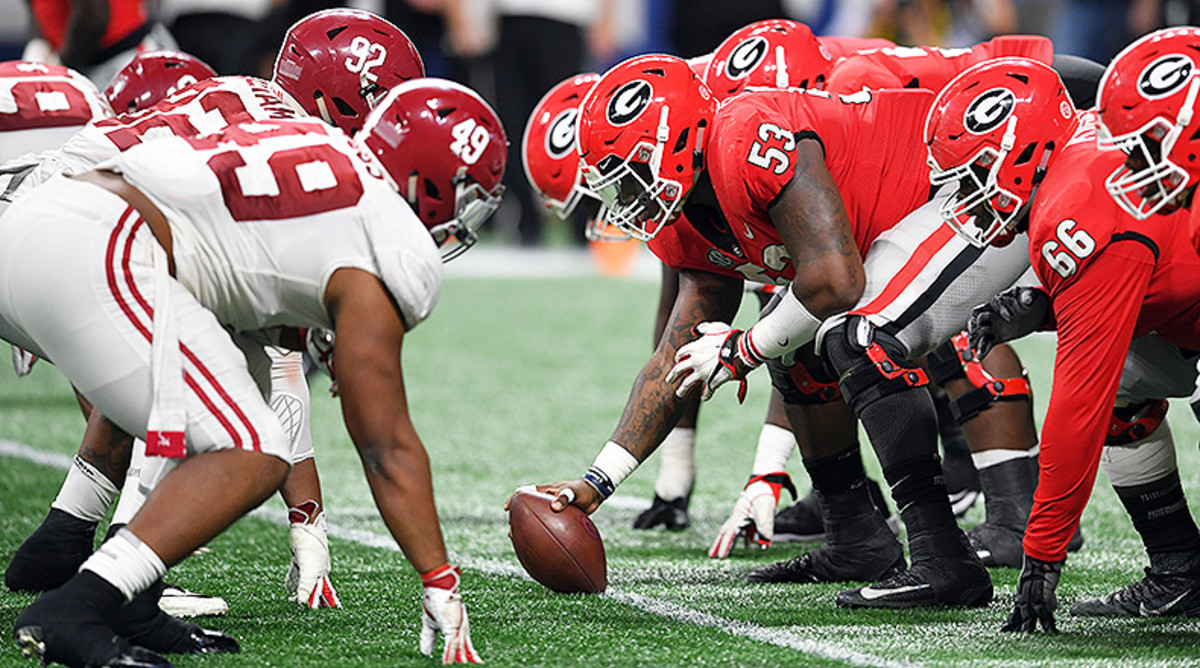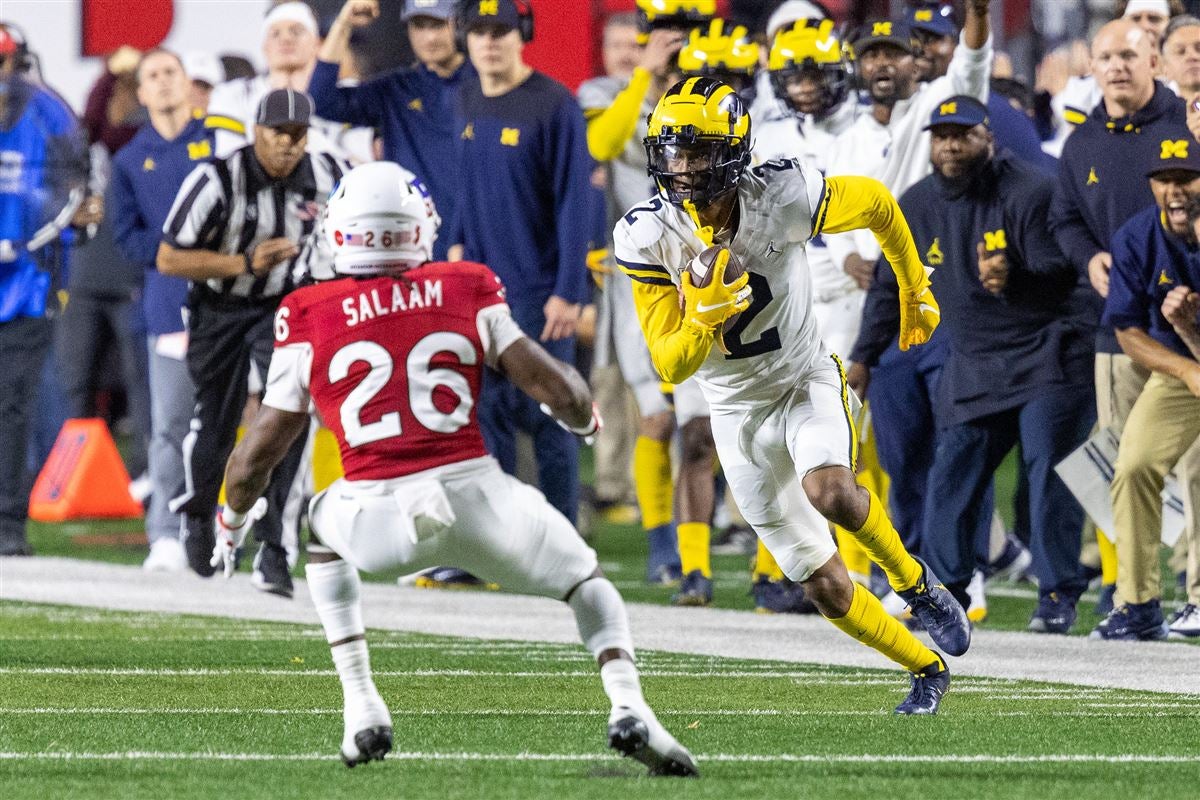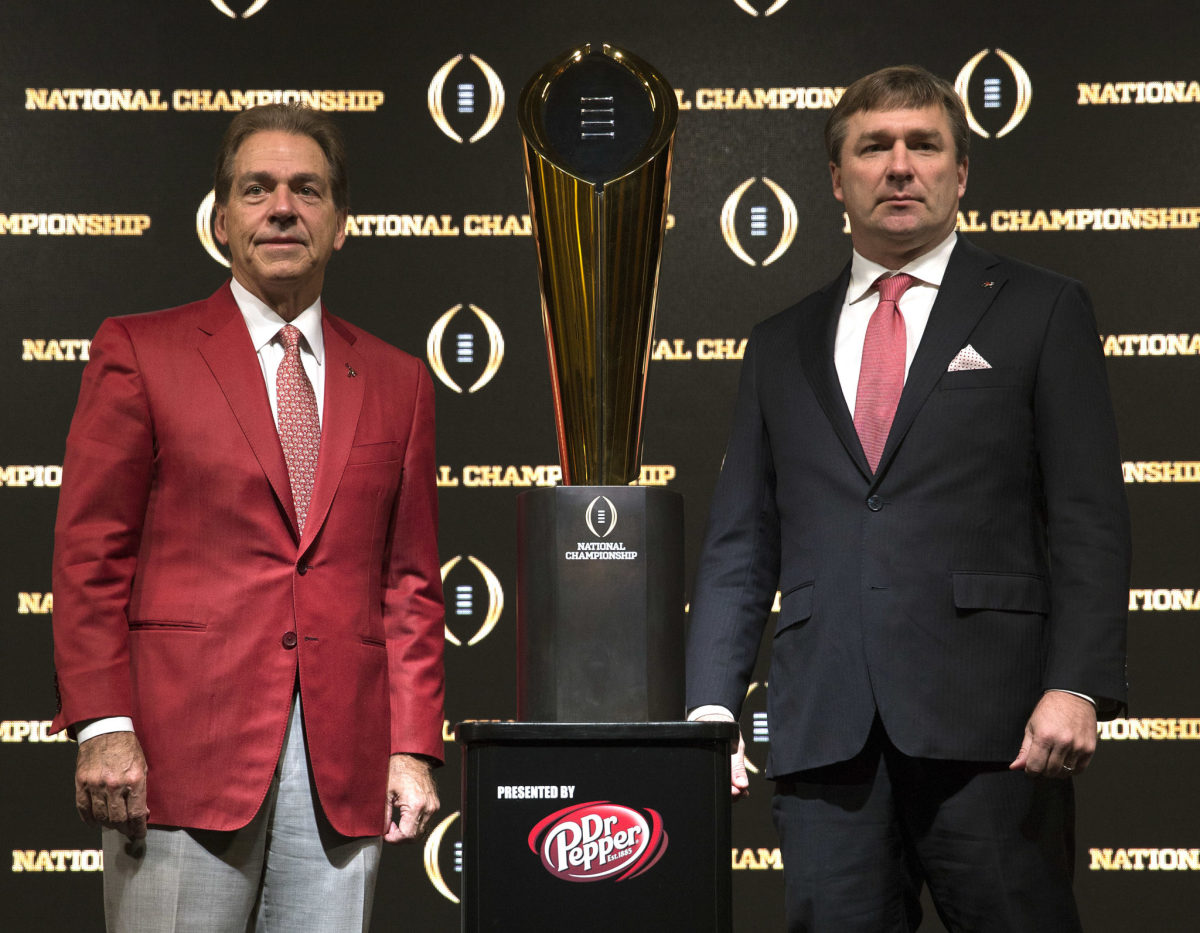The Disturbing Truth Behind College Football Player Care

The recent revelations concerning the actions of Penn State's head coach James Franklin and athletic director Sandy Barbour have shed light on the unfortunate reality faced by some college football players. The attempt to medically disqualify a player to make way for recruiting another reflects a systemic issue.
Dr. Pete Seidenberg's testimony about the pressure put on medical staff to release injured players is concerning. The dynamic between coaching and medical decisions raises questions about the well-being of athletes.
Instances like the one at Penn State are not isolated. The power dynamics and conflicts of interest in player care are prevalent in college football, as highlighted by various testimonies and reports.
Players often find themselves caught in a bind between their health and the expectations set by coaching staff. The pressure to perform and compete through pain is an unfortunate reality for many collegiate athletes.
Another distressing case at the University of Washington involving running back Emeka Megwa further emphasizes the disposability of campus athletic workers within the system.
The excessive use of painkillers and the lack of proper care highlight a broader issue within college football. The reliance on medication as a solution poses risks to the long-term well-being of players.
It's time for institutions such as Penn State and the University of Washington to be held accountable for their actions and claims. The discrepancies between stated values and the treatment of athletes demand closer scrutiny and reflection.
The experiences shared by players and the emerging patterns in player care within collegiate sports call for a reevaluation of ethical standards and practices in college football.
As we navigate the complexities of college athletics, it's crucial to prioritize the health and well-being of student-athletes above all else. The stories shared by those directly affected underscore the urgent need for reform and a more ethical approach to player care.
Amidst the challenges faced by collegiate athletes, it becomes imperative to reexamine the structures and practices that govern college football and ensure that the values of integrity, honesty, and accountability are upheld.
As we move forward, let's strive to create a more supportive and ethical environment for student-athletes, where their health and safety are paramount.
Nathan Kalman-Lamb is assistant professor of sociology, and Derek Silva is an associate professor of sociology and criminology. They are co-authors of The End of College Football: On the Human Cost of an All-American Game.



